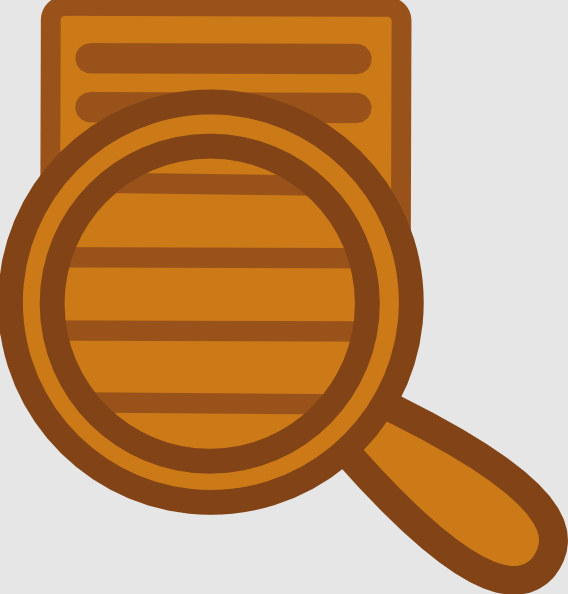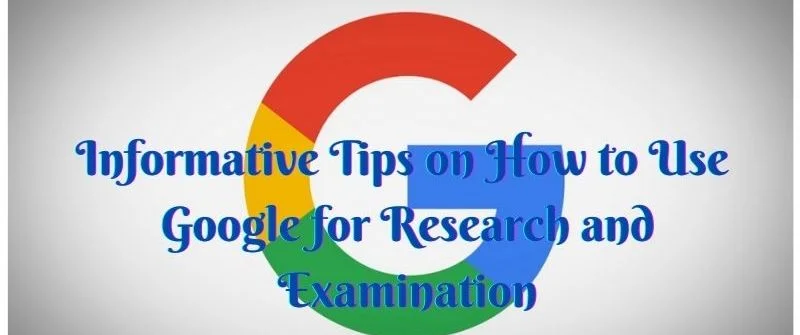Once you access relevant information after researching them on the Google search engine, then you are likely to find answers to the question and probably get tempted to use them to answer your questions.
A good way of using the Google search engine for your studies is for research purposes only. You can learn from the authors how they approached a particular issue that you want to research and eventually get an idea of handling such an issue.
But some students use Google to get answers during exams or classwork. The question comes whether this entails cheating or not.
Basically, using Google during an exam or class assignment is considered cheating if it is against your school rules. Googling answers translates to cheating because it gives a student an undue advantage over others. However, it is not cheating if you Google to study or you paraphrase the answers well.
Googling cannot be cheating if you use the answers as the teaching or guiding aid on your assignment or homework only. When given homework, you are free to consult Google for certain definitions or explanations of a specific concept.
Educational institutions know that Googling is one of the ways how to cheat in online classes and they will put measures to prevent it. As such, you will be cheating during that exam, and if caught, you may likely face the consequences as per the set policies.
Additionally, you should do it responsibly without violating the author’s copyrights; otherwise, it will lead to plagiarism. Ensure that you utilize information well and paraphrase your answer to appear original and not copy-pasted directly from the site.
Can Blackboard or Canvas Detect Google Answers?
Yes, if your copy-paste your answers, this software can detect your test for plagiarisms and eventually expose your ills. Such malpractices may lead to the cancellation of your questioning or assignments as per your institution’s policies.
Blackboard and Canvas are proctoring software for monitoring and preventing students’ browser activity. In such events, the professor has the right to view the student’s general interactions with all access sites. If you are Googling the answers, the instructor will know the sites you interacted with during the examination session.

Some of these interactions could include the files and discussion boards. In addition, the instructor can still view the number of sites and the times that you accessed them.
Furthermore, the software will indicate the timeframe the student spent on that particular site.
Since the professor can track the files that the students downloaded from that site, this instructor will track the student’s participation in assignments and tests.
As we stated in a post on this issue, teachers can detect copying because they use plagiarism scanners. This software gives the instructor the advantage of seeing when the students stopped viewing the questions on the site.
No, you are free to access several sites that could lead to finding the right solution for your question. However, you can make the answer appear original by rephrasing the sentences to retain the same meaning but with different wordings. Such will make the answers escape the plagiarism detection software and uphold the originality of your answers.
Why Students Google Answers

Several reasons may prompt a student to goggle answers during an assignment or test time.
More importantly, it is reasonable for the student to know if such practices are tolerable in the said institution or not.
Here are possible reasons why a student can enter into such acts:
1. To Cheat
A student may decide to Google for answers during an examination as a shortcut to finding the solution to the asked question. Such is an act of cheating because you will be accessing hints and clues to answer the asked question at the expense of another student who will be doing it honestly.
2. Due to Laziness
Some students are just too lazy to prepare for the forthcoming exams. When they feel they are inadequate to sit for that examination, they will be under pressure to pass the exam hence improvise loopholes that could give them the undue advantage to find answers during an examination session.
3. To Score High Grades
Everyone understands the importance of getting a better grade. For instance, one ought to score highly for one to get a scholarship in a specific field.
For that matter, a student may get tempted to Google the answer as an avenue to achieving highly so that he/she can get the better grade that could bargain a particular scholarship.
4. Ignorance of cheating
Some students may be ignorant of the consequences of cheating and plagiarizing. The chances are that they did not read and understand the school policy on such malpractices.
An ignorant student may exploit any possibility of finding answers without reasoning if the examiner might detect it or not.
5. Parental and Teachers Expectations
Many teachers are under pressure to meet their targets for watchdog and parental expectations. Some institutions evaluate the performance of a teacher based on how the students perform in class.
Such pressure may force the teachers to pressure the students to perform well to determine their continued employment.
On the other side, many parents expect their kids to have better grades. They pressurize their students to pass the exams with high grades hence tempting the student to look for some ways to pass the exams.
Tips on How to Google Answers for Online Tests Safely
Indeed, one can Google the answer from online sites, escape an examiner’s eye, and remain ever safe. Let evaluate some of the strategies to employ to ensure you stay safe always.
Do it Fast
When you are doing your exams, you can Google your answers extremely fast to avoid wasting time on research. Ensure you are accessing high-speed internet, which makes you access the solution within a short period before getting a clue on the correct answers for your questions.
Google to Read from Websites
The role of Googling is to access resourceful sites that have the right solutions for your question. Once you find the answers, try to understand what the author says before using the same information in writing your unique answers.
Several websites will emerge on the first page and rather confuse you. Consider the first three on the search engine, which is likely to have rich content that provides clues to finding the correct solutions for the asked questions.
Use Your Phone

Your phone could be your secret weapon for finding answers unnoticed.
This method works well if the college does not restrict students from possessing phones in the examination room.
Ensure your phone is stable with a fast internet connection.
After that, use it to Google answers and access the correct details to give you an advantage when looking for the solutions to apps the exams.
Do not Copy Directly
Ensure that you provide original answers that will make your content unique and plagiarism-free. Avoid copy-pasting for the site directly because you will not escape the plagiarism trap. One should read and understand the explanation before creating your answers in your own words.
Highlight, Right-Click the Question, then Select ‘Search.’

The surest way to find the answers on the Google search engine is to highlight the real question and search it on Google. Google will rain several suggest sites that are likely to have the solution for the asked questions.
Select Answers from Flashcard Websites
You can access the most resourceful sites Like Quizlet, CourseHero, or Chegg, and the online tutors will offer you the correct answers if you are doing an assignment.
You can still use their documents and books if you are in an exam situation. Caution is critical as you are to keep the originality of the content without plagiarizing.
Keep Time
To pass your exam with the correct answers, you should ensure that you stick to the time frame. When you are Googling answers to apps on the test, ensure that you research fast and write the answers to all the questions asked to increase the chances of passing.

Joseph is a freelance journalist and a part-time writer with a particular interest in the gig economy. He writes about schooling, college life, and changing trends in education. When not writing, Joseph is hiking or playing chess.
